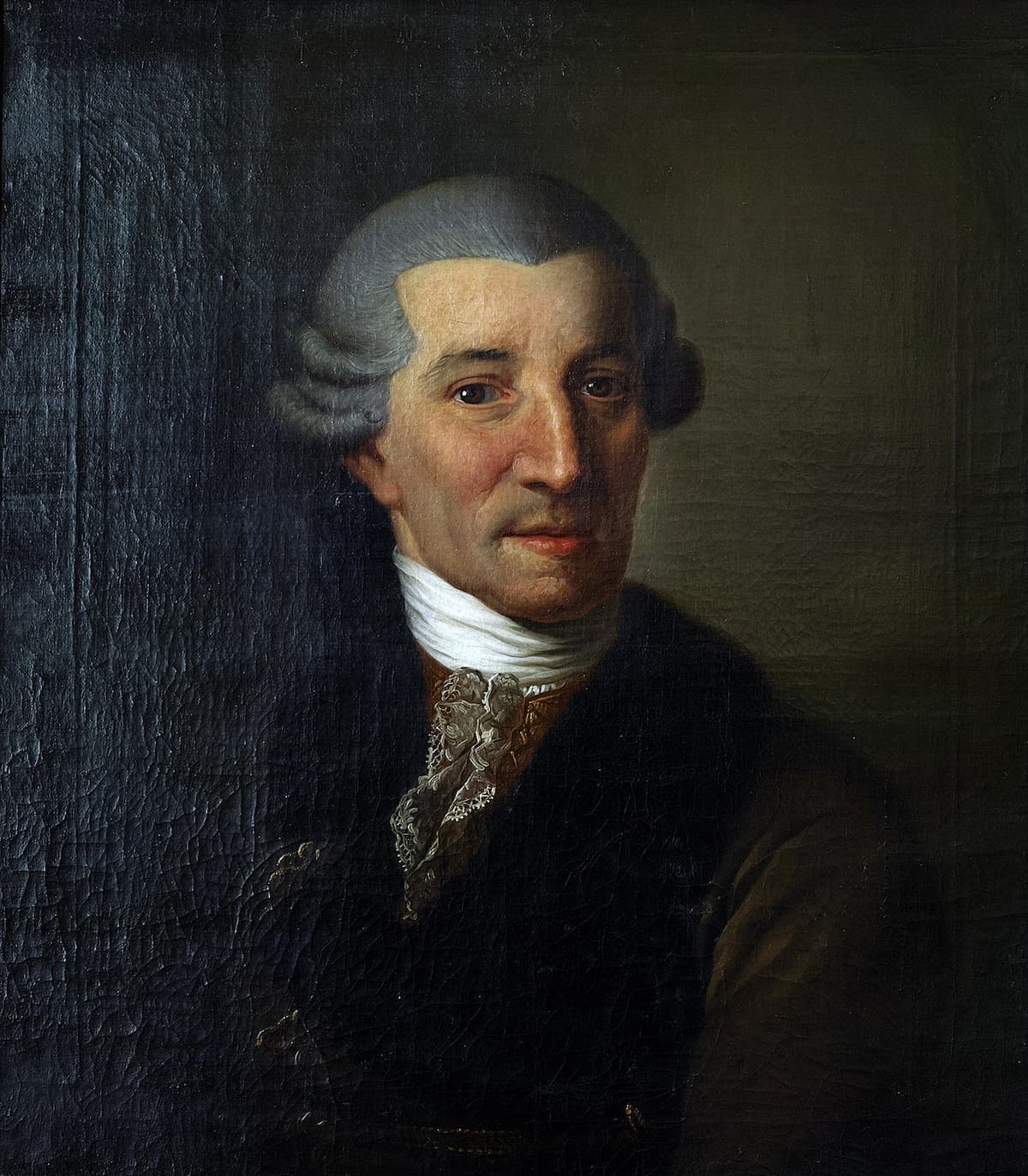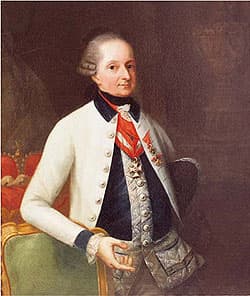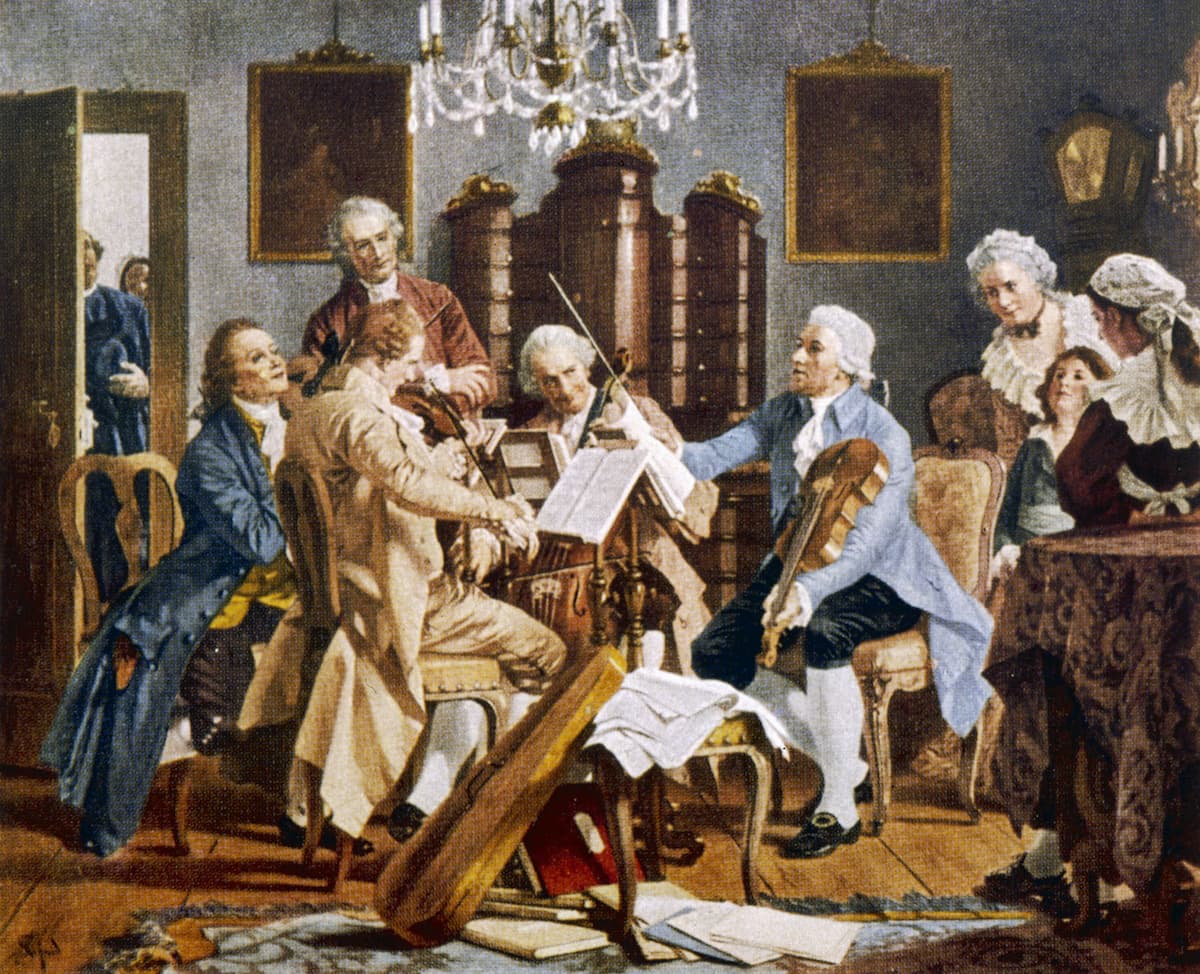Every listener and amateur of music has a composer that he feels like he should know better; because he or she is widely known and perhaps even quite influential, because this composer is the starting point of many others, or simply because of the music and yet has not been given the attention he or she deserves. Mine is Haydn. I know I should know more about him, but I do not. Yet. Yet, Haydn could at times seem as having the perfect balance; benefiting both from the wisdom of Bach and the times during which he lived, sharing his life with Mozart — whom he mentored — and Beethoven — who he tutored (!). So let’s talk about Haydn.
Joseph Haydn: Emperor’s Hymn, from String Quartet in C major, Op. 76
Haydn held multiple musical positions, from teaching and mentoring — including the two mentioned above, but not only —, to, after a short time as a freelancer, kapellmeister in multiple establishments — his most famous patron is perhaps Prince Nikolaus —, as well as a successful touring performer — notably in London where Haydn gained great success, but most importantly in Vienna where he was acclaimed and achieve even greater success. It is at that time that he wrote the patriotic “Emperor’s Hymn”.

Portrait of Joseph Haydn by Christian Ludwig Seehas, 1785
Haydn, of course, has been essential in the development of the European classical music tradition and has developed the art and craft of many musical forms, including the string quartet, the piano trio, or the symphony, and shaping the future of music to come. It is said that he was often called “Father of the Symphony” and “Father of the String Quartet”. We cannot doubt that. A prolific composer, Haydn wrote over 450 works, from 104 symphonies and 50 concertos to 84 string quartets, 24 stage works, and 12 masses.

Prince Nikolaus Esterházy, Haydn’s most important patron
© Wikipedia
Haydn spent much of his career as a court musician, and although he was often isolated from composers and trends, his music circulated enough for him to be one of the most celebrated composers in Europe. Today he represents the musical heritage of Austria. Haydn had what we could perhaps define as a banal composer life when compared to some of his more flamboyant successors — Liszt for instance. Bach’s composer’s life was perhaps banal too. And yet, look at what both have achieved.

Joseph Haydn conducting a string quartet
Haydn’s music is full of humour — his Symphony No. 94 also known as Surprise Symphony is a great example of that — and elements of fine intelligence — his Symphony No. 45 also known as Farewell Symphony, is another example of creative display.
Joseph Haydn: Symphony no. 45 Farewell Symphony – Sinfonia Rotterdam/ Conrad van Alphen
After such a vibrant observation of a fertile composer whose role and influence on his contemporaries and his followers has been so important, why is it that he did not make it through the first rounds of musical discovery, and came only after Bach, Mozart, and Beethoven? Perhaps the reason we do not talk about Haydn as much as his contemporaries, such as Mozart, is that he did thrive for the smokes and mirrors and all the fireworks. Or perhaps he did and us, his successors, are not giving him the credit and attention he deserves, and take his attention for granted?
For more of the best in classical music, sign up for our E-Newsletter




